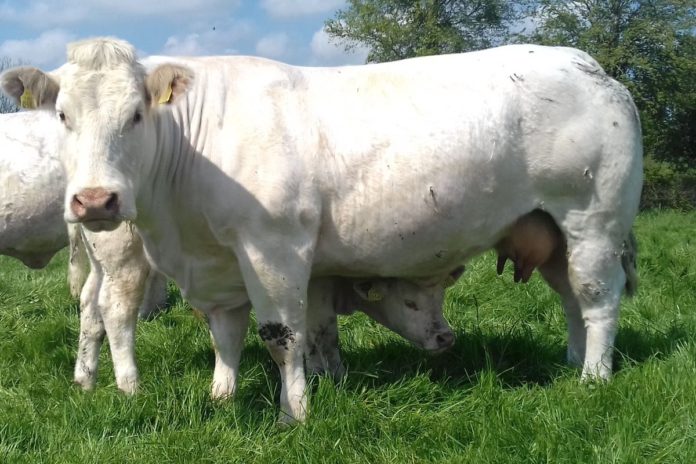The ICSA has called on the DAFM to extend the 2021 deadline for submitting dung samples under the BEEP-S.
Its suckler chair, Ger O’Brien, believes it was “wrong” for the deadline to be moved forward to October 1st.
The deadline for submitting samples to labs last year was November 1st.
In a statement today (Thursday, September 30th, 2021), O’Brien said:
“We believe the decision to move this deadline forward was wrong. We are now looking for additional time for farmers to meet this requirement.”
“Following a good grass growing season, many farmers have yet to house cattle, after which is the natural time to collect dung samples.”
“We are also receiving reports of labs being fully booked up and farmers having difficulties finding a lab to take their samples.”
“The logical move is to extend the deadline and to allow farmers to complete all the elements required and benefit fully from the scheme.”
Taking faecal samples from cows
Anthelmintics are convenient and reasonably priced. However, their misuse can lead to the development of resistance, making them ineffective in the future.
Monitoring parasites through faecal sampling can help minimise the use of anthelmintics and assist in the effective timing of treatments.
Collection of samples to monitor for liver fluke can be done at or after housing. The payment rate for this action is €10 per cow, up to a maximum of 100 cows.
Find a detailed guide.
BEEP-S
BEEP-S has a funding provision of €40 million in 2021. It targets the weaning efficiency of suckler cows and calves by measuring the live weight of the calf at weaning as a percentage of the cow’s live weight.
Applicants to the scheme can also select from several optional health and welfare measures, including:
- 2) Meal feeding or vaccination of weanlings;
- 3) And/or faecal egg testing of suckler cows.
Payment rates:
Participants may be eligible for up to €90 for the first 10 suckler cow/calf pairs per herd and up to €80 per pair, thereafter subject, to an overall maximum of 100 pairs per herd, if all actions under the scheme are applied for and completed in full in accordance with the scheme terms and conditions.





